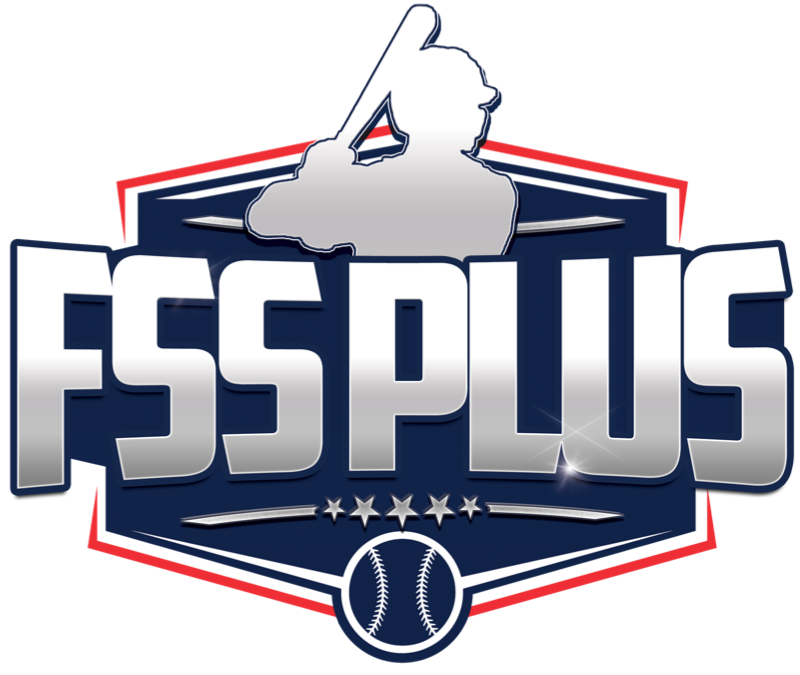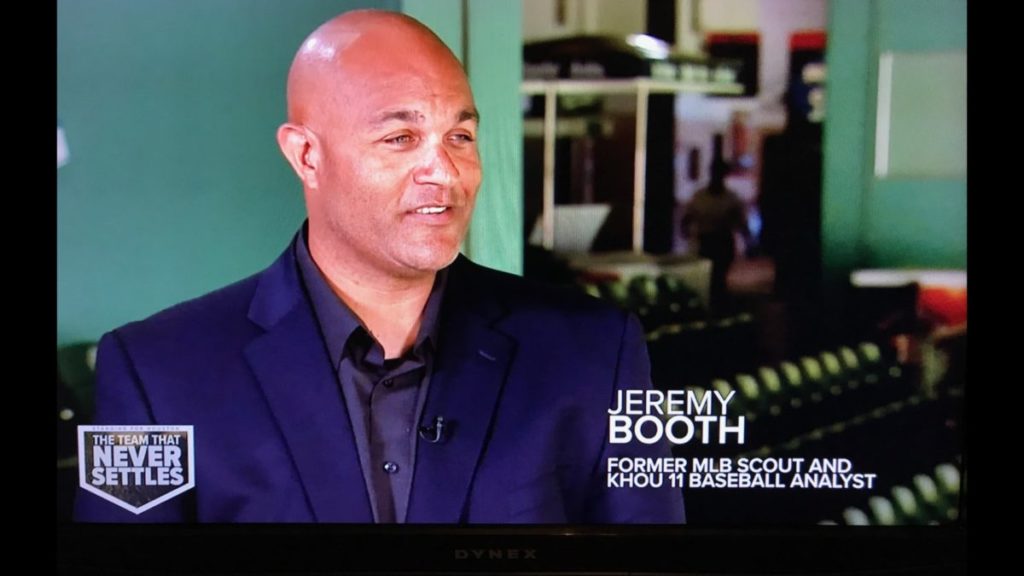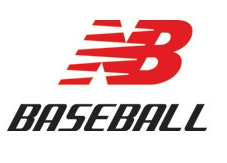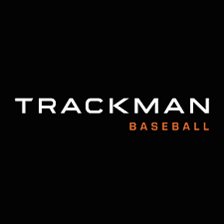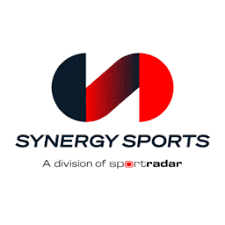 It’s never too late to look forward.
It’s never too late to look forward.
Although the New Balance Baseball Future Stars Series and Program 15 have been in full swing for some time for 2018, now is as good of a time as any to sit down with P15/NBFSS CEO Jeremy Booth and ask him some questions about the direction of the program going forward.
Mike Ashmore, national writer for Program 15: You’ve never been one to rest on your laurels…how have you improved things for 2018?
Booth: “We’ve added quite a few additional things to make this better. This is part of the people that we talked about wanting to be on board with something that where they could give back to players and also be aligned with things that are good for communities and good for people. We’ve got Torch Eyewear, which is an up-and-coming, new brand created by Louis Wellen, who had a lot to do with the Oakley generation and their growth. We’ve got LiquidID, which is a hydration supplement that’s completely healthy and non-GMO and is sold in Whole Foods. Athletes can use it and feel good about it. We’ve added Supplement Farm, which has some of the best protein and sports-nutrition products I’ve ever used. We’ve added Wilson for baseballs and gloves, we’ve added Diamond Kinetics for spin rates and tech partners. Modus One and Modus Global. Marriott, we’ve got an official deal with them to keep hotel costs down for families, trying to put money back in their pockets. Senaptec, for vision testing, because they’re cutting edge with how we can evaluate and train people’s eyes for the field. It’s a big difference from last year, where some of these partners have been very aggressive in making sure that they’re a part of this and they’re aligned with us and we’re aligned with them. It’s pretty gratifying.”
Ashmore: After such a successful start, the interest has been overwhelming. How has P15 grown in regards to partner programs joining?
Booth: “Turning to the partner programs, we had 48 last year and we have 105 now and are expecting that to grow as we build out these regions across the country and across Canada and Puerto Rico. This isn’t for everybody, we’re not a money-grabber or trying to leverage these kids into dollars. We’re trying to help. The organizations we align with are about player development first and exposure oriented from a standpoint of helping their kids get to the right place. It’s been gratifying to see that double.”
Ashmore: Is there any concern over growing too fast, too soon?
Booth: “I think we’ve had to eliminate some people because of that. You bring people on who represent one thing, and they turn out not to be that. That goes in hand in hand with what we’ve said before about delivering. This group is going to deliver, and people that we align with need to deliver as well. There’s a lot of people out there that talk the talk, but don’t walk the walk, and we’re going to align with people that do. As we build out our regions and build out our events, we’re not even 50 percent built yet for what we’re supposed to be. We focused on the baseball, we haven’t focused on the other side yet. So, I don’t know that we’re overdoing it. We’re right where we need to be, and we’ll continue to be adding and subtracting until we get it right.”
Ashmore: The National Tournament has expanded this year…what went into doing that?
Booth: “We want to make sure that we’re helping players develop, and so when kids get to the big diamond at 13 years old, there’s a change there and it’s not always an easy change. So, our events going down to that age are nice. We want to build out regions with that and super-regions and nationals, and this year we’re starting with the nationals with those and accelerating the other events to add more teams to them. Our high school national events are built for a max of 64, so we’re still in that range where it’s never going to be too big to handle. We want to make sure that Prospect Wire can cover it, that we can test everybody we need to test, and that we can filter the players from the crossroads events to the International Prospect Series. You have to be able to see players and focus on scouting and focus on growth to be able to do that, and you can’t do that with 300 teams. Not accurately, anyway.”
Ashmore: You recently made an announcement about a new advisory board and I know you’re pretty fired up about it. How important was it to add the guys with such a high level of experience that you did to this?
Booth: “We’re pretty pumped. We’ve got the major-league advisory board, which includes scouting directors in Marc Tramuta, pro scouts in a guy named Joe Butler and Kevin Bootay…these are my peers and, in Joe’s case, guys that have scouted me. Joe was one of the first scouts in my house. He was with the Major League Scouting Bureau at the time and he used to pick me up at workouts and drop bats off at my door so I could hit. To see these guys line up – Arnold Brathwaite, Mark Snipp, Derek Johnson, Darnell Coles and for all these guys to have done so much in the game, to have them line up here and to want to make an impact here is pretty gratifying. To have these major league clubs want to host the event and be involved in sponsoring what we’re doing, that’s also gratifying because it makes it better. That says we’re doing it right – and I was concerned about doing it right – so I’m glad that the people that I consider peers are noticing that and want to be part of it.”
Ashmore: P15 has also been partnering with other events lately to further expand. What can you tell me about that?
Booth: “Partnering with these other events, like Prospect Wire covering those events like the Music City Classic, Crossroads, Hanson/Cossman Tournament and the International Prospect Series as a scouting and development group to write accurate, detailed reports with events where they stake their name on credibility, on being good for players and all the things that we stand for…to have us be the ones they want to go to as their scouting group and evaluating group over the other ones that are there today is extremely humbling, because it says people recognize who we are. We hired eight former major-league scouts who have signed big league players to add to the staff throughout the country to cover these events, and to cover our team ID’s and super regionals. We’ll continue to write good reports, deliver to players and deliver to schools, as well as major-league scouts who want the information.”
Ashmore: Specifically with the International Prospect Series, how critical has it been to expand to outside North America?
Booth: “The International Prospect Series is basically for players who are younger. The international kids sign at 16 years old, most of them; usually Latin American kids when I say that. To be able to partner with that group and send our guys over there to have an experience that is first class and go with the guys they train with and work with all year round is only going to make them better. And we’re getting a good look at the kids as we build out underclass events and regional teams.”
- ASHMORE: 5 Underclass Elite hitting standouts - October 22, 2025
- ASHMORE: 5 Main Event hitting standouts - October 15, 2025
- INVITE: Chase Austin, Underclass Elite - October 1, 2025
